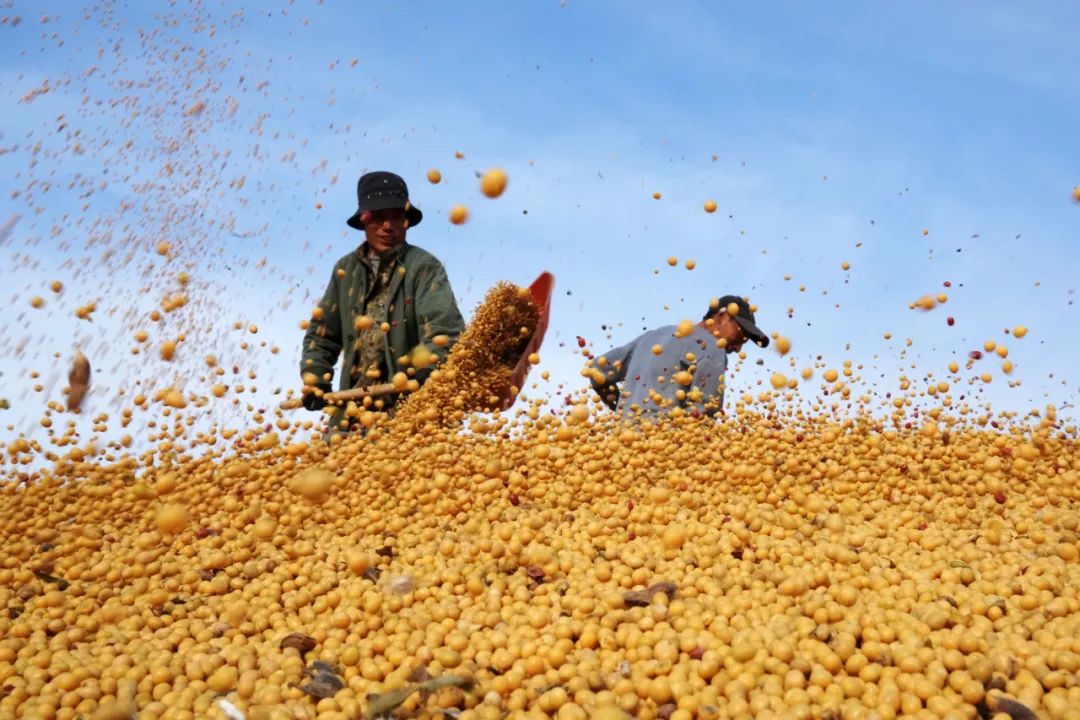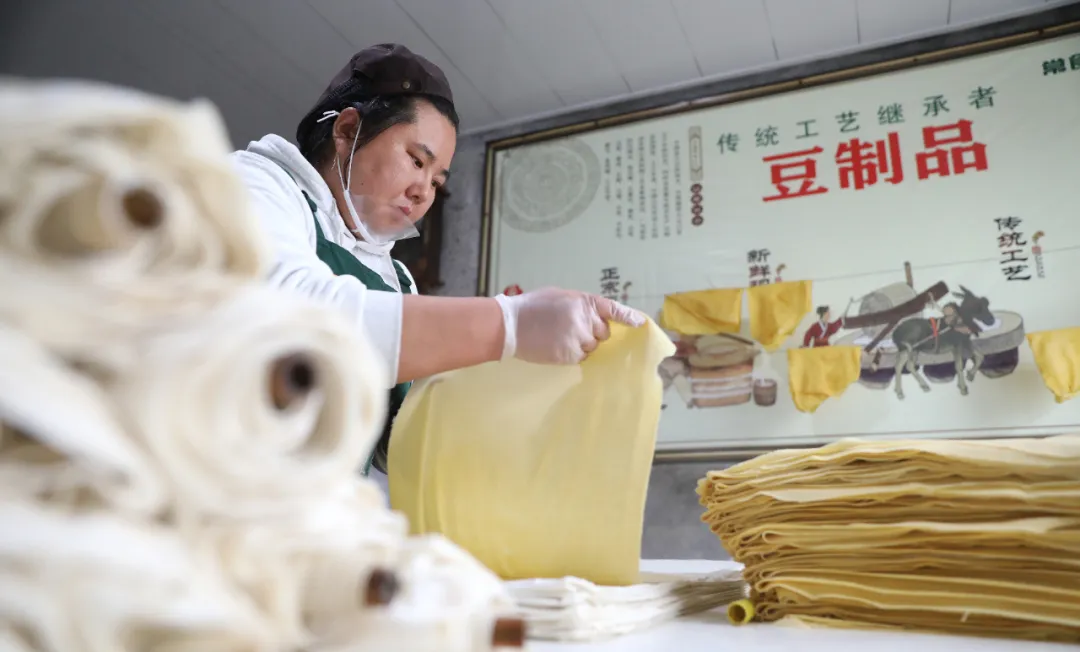Advocate to increase soybean consumption and form a healthy and nutritious diet. In addition to strengthening guidance at the consumer end, the supply side should also increase efforts. It should also be noted that the diet structure is a habit formed by a nation and a region for a long time, and it can not be changed overnight. We should advocate "increasing beans and controlling oil", optimize the diet structure, be more patient, and leave time for both production and marketing.
At 2024 National Nutrition Week, "increasing beans and controlling oil" has become a hot topic. This year's National Nutrition Week, with the theme of "milk beans are more nutritious, less oil is healthier", advocates to increase the healthy consumption of soybeans and milk, reasonably control the consumption of edible oil, and form a healthy and nutritious diet.

Eating soybeans is no stranger to Chinese people. In thousands of years of soybean cultivation, processing, and consumption history, a variety of ways of eating soybeans alone can produce a fairly hefty "dish name". The ancients "July Heng (through 'cooking') sunflowers and beans", and "five flavors, five grains and five medicines to nourish their diseases", in Chinese traditional diet culture, soybeans are both health medicine and health food. Mr. Wang Zengqi, a famous litterateur, once said, "If there is no tofu, the life of the Chinese people will be short of a large part." Now, with the segmentation of consumer groups, the category of soybean products has become more and more abundant: from the "heavyweight" Huaiyang famous dish Wensi tofu, to the endless leisure snacks spiced dried beans, from the barbecue perfect match "flower hair integration", to the daily necessities of soybean paste Douchi, not to mention soymilk, bean curd, and bean curd have contracted many people's breakfast. Soymilk cake, soy ice cream, soy yogurt and other desserts have become popular choices for many young people. It can be said that soy products are almost all over the scenes and fields of our diet consumption. So, after eating beans for thousands of years, why do we advocate eating more beans today?
This should start with the nutritional value of soybeans. Soybean contains a large amount of protein, fat, amino acids and other nutrients. Its nutritional value is similar to meat, so it is called "the king of beans" and "the meat in the field". It is one of hundreds of natural foods highly praised by nutritionists. In addition, isoflavones, plant sterols and other ingredients in soybeans have certain health care effects, and can help prevent cardiovascular diseases, cancer, etc. The Dietary Guidelines for Chinese Residents (2022) also takes "eating more vegetables, fruits, milk, whole grains and soybeans" as one of the core recommendations. However, in practice, the consumption of soybeans and their products by Chinese residents has declined since 2000. According to the data from the China Health and Nutrition Survey, the consumption of soybeans and their products by adult residents has declined from 14.5 grams per day in 2000 to 12.8 grams per day in 2018. According to the Core Information of "Reducing Oil, Increasing Soybeans and Adding Milk" issued by the Office of the National Nutrition and Health Steering Committee at the end of April this year, it is recommended that adults consume an average of 15-25 grams of soybeans or an equivalent amount of soybean products every day. At present, more than two-thirds of China's residents do not reach the recommended intake. In addition, eating more bean products also has environmental protection and sustainable development considerations. Compared with animal husbandry, the production of soybean products requires less land, water and other natural resources, and the resulting greenhouse gas emissions are low. By increasing the proportion of soybean products in diet to replace some meat consumption, the demand for natural resources and environmental impact can be reduced, which is a more environmentally friendly consumption mode.

In recent years, with the continuous improvement of living standards of urban and rural residents, people pay more and more attention to food nutrition and health, which also provides a good foundation for "increasing beans and controlling oil" and optimizing the diet of residents. Advocate to increase soybean consumption and form a healthy and nutritious diet structure, further strengthen publicity and guidance, strengthen the public's active health responsibility, pay attention to their own diet health, widely carry out diet education, do a good job in science popularization of knowledge about reasonable and healthy diet, and cultivate good dietary habits of residents. In addition to strengthening guidance on the consumer side, the supply side should also increase its efforts. On the one hand, we should constantly enrich the types of bean products. The nutritional components of different soybean foods are different due to different production processes and forms of finished products. Different cooking methods will also affect the retention of the nutritional value of soybeans. At present, there are limited choices for family cooking, which requires more active development of new soybean products suitable for market demand, more choices for healthy diet, and more consumption scenarios for "eating beans". On the other hand, we should constantly improve the processing technology of soybean products. For most consumers, whether a food is delicious or not is an important criterion for evaluating a food. "Eating healthy" is certainly important, and "eating delicious" cannot be ignored. To this end, it is necessary to continue to increase scientific research investment and achievements transformation, improve processing technology, retain the good taste of healthy food, and let consumers eat delicious, willing to buy back, and want to eat more.
It should also be noted that the diet structure is a habit formed by a nation and a region for a long time, and it can not be changed overnight. We should advocate "increasing beans and controlling oil", optimize the diet structure, be more patient, and leave time for both production and marketing. Author: Zhao Yuheng







